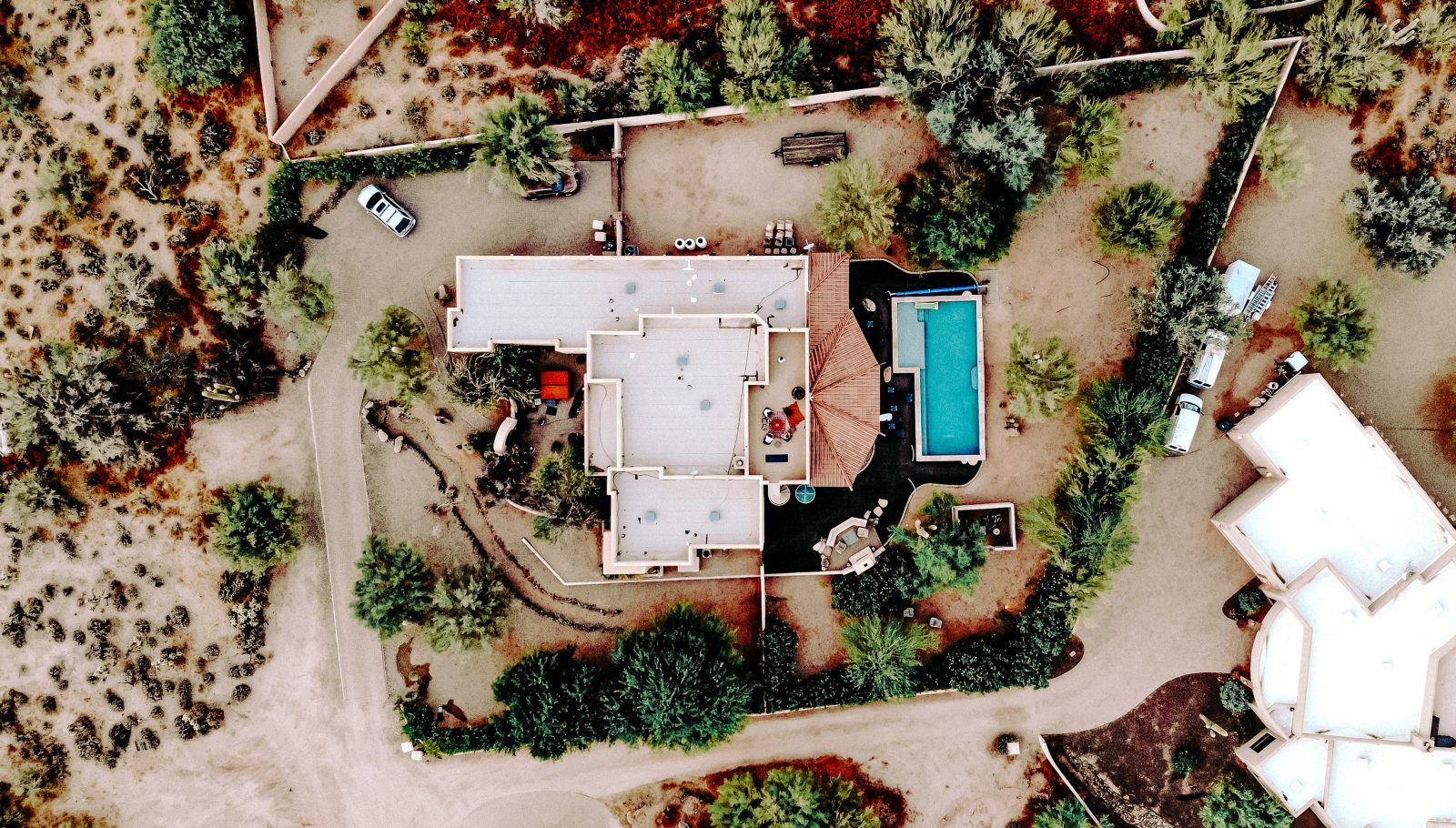
In one of those periodic developments that pits questions of privacy against the rights of people to fly camera-equipped UAVs as they’d like, the Missouri legislature began debate this week on a proposed law to prohibit drones from photographing people or their property without consent.
House Bill 1619 was introduced in Missouri’s lower chamber on Tuesday, where it drew markedly contrasting responses. Sponsored by Republican Representative Dean Van Schoiack on privacy protection grounds, the proposal seeks to prohibit using UAVs to “photograph, film, videotape, create an image, or livestream another person or personal property of another person.” If passed, the law would punish violators with misdemeanors were they to capture images of individuals, their homes, or other belongings, and with felonies if those shots were distributed to third parties.
In a not entirely surprising manner, support and opposition of the bill were largely divided along the same party lines that tend to define political debate on most topics in the nation today.
“People can’t just walk over your fence, and they can’t just willy-nilly walk across your backyard for no good reason,” Van Schoiack told legislators in explaining his legislation’s logic. “So the drone bill came up as an idea of mine to further the property rights for the people.”
Critics noted that drone pilots have rights as well. Those include the liberty to fly their craft as they see fit so long as they respect the rules of the Federal Aviation Administration (FAA) – the governing authority of what can and cannot occur in US airspace.
“Congress has provided the FAA with exclusive authority to regulate aviation safety, the efficiency of the navigable airspace, and air traffic control, among other things,” Democrat Representative Michael Burton noted, reading from official FAA documents. “State and local governments are not permitted to regulate any type of aircraft operations.”
The fact of the matter is, though states and local authorities may well not have the authority to pass laws that bigfoot the primacy of FAA airspace regulation, but some have, and still do.
Last month legislators in West Virginia began the process of easing rules that have greatly limited drone use – and, significantly, investment in the sector – under a privacy protection laws. Those statutes effectively ban camera-equipped UAVs flying over private and much public property considered navigable in states deferring to FAA rules.
Last November, meanwhile, Ohio lawmakers introduced two bills that seek to restrict drone flights by both private individuals and police forces, and would permit local governments from passing their own laws defining permitted UAV operation.
In 2019, the town of Prairie Village, Kansas, passed a city ordinance that made it illegal to fly a drone near people without their consent; over public events without permission; or above private property without owner approval.
Even earlier, Newton, Massachusetts, enacted laws that included a ban on drone operation over private land at altitudes lower than 400 feet without owner consent – a pretty tight squeeze considering the FAA’s 400 foot UAV flight ceiling. Newton’s legislation was overturned on a court challenge.
So was a law Ottawa County, Missouri, passed prohibiting UAV flights in parks and around most public properties without a permit. Other seemingly FAA-incompatible legislation remain on state and local books elsewhere.
Will Missouri’s bill similarly succeed in using a legal side entry to impinge on FAA airspace authority? Not immediately, anyway. Debate was paused after questions were posed about what legally constitutes private property in mid-air, and how House Bill 1619 can be passed without running afoul of the FAA regulatory prerogatives.
“This is a slow process. It’s for good reason,” Van Schoiack was quoted the News Tribune in reaction to the suspension. “I don’t want a bad law here. I want a really good law that will do something to help protect people’s rights.”
Photo: Ralph Ravi Kayden/Unsplash
FTC: We use income earning auto affiliate links. More.
Comments